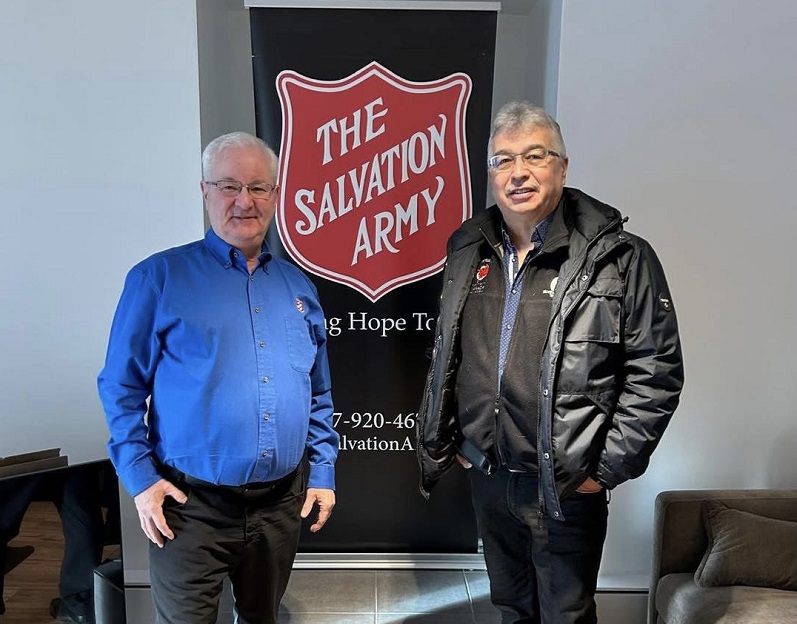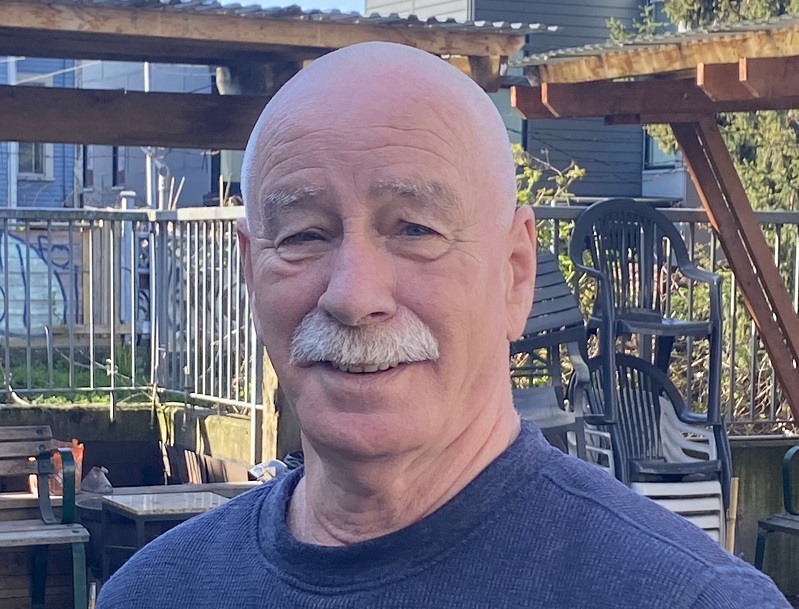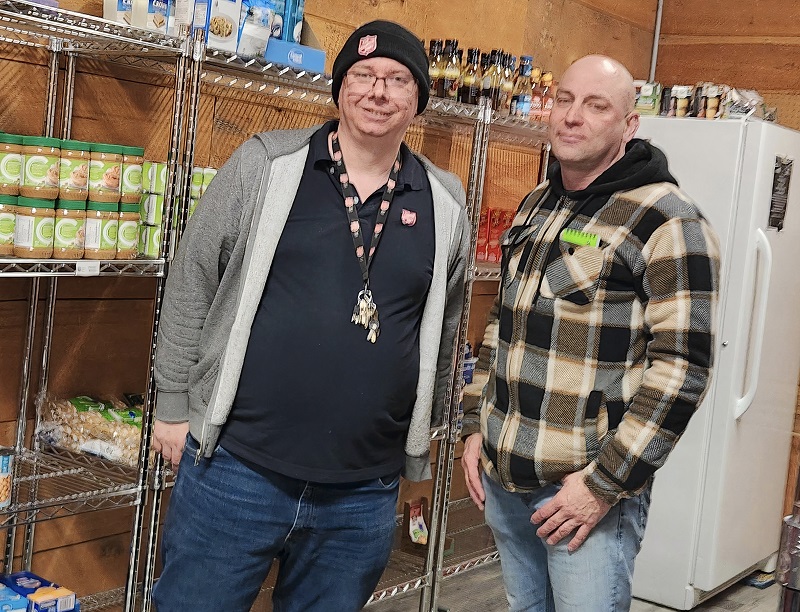New Salvation Army Project Will Give Clients Struggling with Addiction a Better Chance at Recovery

The city of Yellowknife still feels the impact of the devastating wildfires that forced residents to evacuate for weeks. Almost two years later, the mental implications still linger among the most vulnerable, especially for those struggling with addiction.
According to Major Tony Brushett, executive director at The Salvation Army in Yellowknife, drug use has increased in the community.
“We are in crisis mode up here. Since the evacuation in 2023, we have noticed that a lot of the vulnerable people that came back were probably introduced to new drugs down south that they weren’t used to up here,” Major Tony says.
Providing Stability and Support
The Salvation Army has done its best to provide clients with addiction support. In 2025, this service will improve as a new transitional housing facility for people recovering from addiction is set to open next month.
The building will have five units in which clients who have completed rehabilitation can stay for a period of 30 to 90 days, getting the support they need to resume a clean and sober life.
“We have the resources to connect them with the right people in the community.”
“There will always be a minimum of two qualified staff on site,” Major Tony shares. “From the moment a new client arrives the staff will help them reintegrate into their community, whatever that looks like. Some people are looking to get back with their family and rebuild broken relationships, while others want to move back into their communities.”
During a guest’s stay, The Salvation Army provides various services, including intensive addiction and mental health counselling, and assistance with income support applications. For those who need help obtaining proper identification or are interested in pursuing education, Salvation Army staff are available to facilitate those processes as well.
“Anything clients could ask for in those 30 to 90 days, we certainly will try to help with. We have the resources to connect them with the right people in the community,” Major Tony adds.
Improving Chances of Recovery
The transitional housing units are a new component of the addiction recovery program offered by The Salvation Army in Yellowknife. In the past, clients had to travel to Alberta to access this phase between addiction recovery and reintegration into everyday life. Unfortunately, the change in scenery often led to relapses among clients.
“We would be giving them a much better chance at beating their addiction.”
“Historically, when their time down there finished, they would fly back here and be dropped right back into the epicentre for many of their problems,” Major Tony recalls.
This new building will allow guests to go through the recovery process in a familiar setting.
“If we can get 20 to 40 individuals a year through this process, then that would be a huge benefit. We would be giving them a much better chance at beating their addiction,” Major Tony says.
Hope for the Future
The units are expected to open by mid-April. This marks the start of a two-year pilot project that The Salvation Army will operate and benchmark for the entire region.
Major Tony hopes that more transitional houses will be introduced by other organizations in Yellowknife by the end of the pilot period.
By Juan Romero
Pictured are Major Tony Brushett, executive director and MP Michael McLeod





